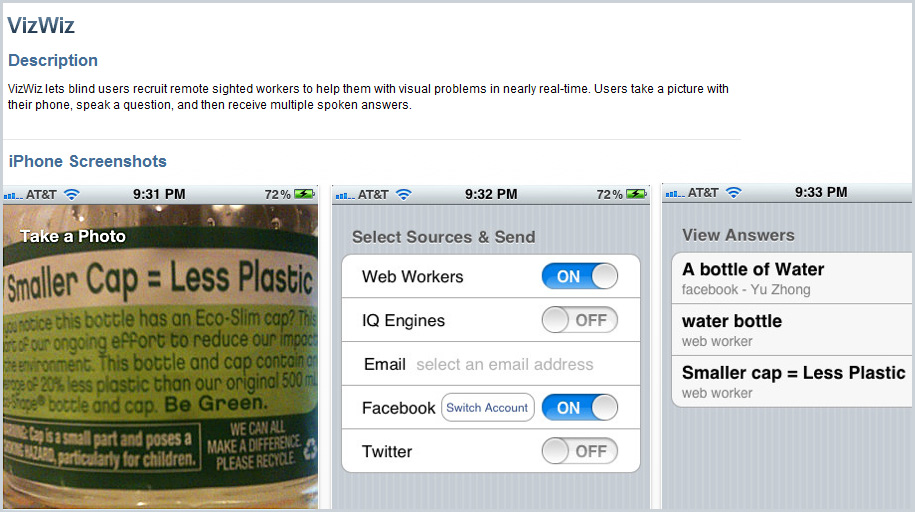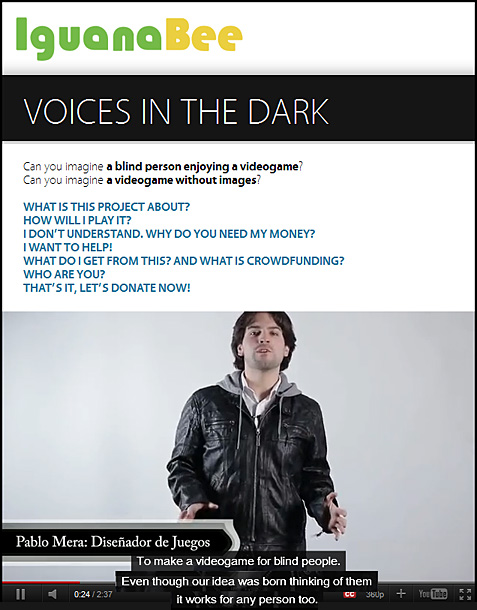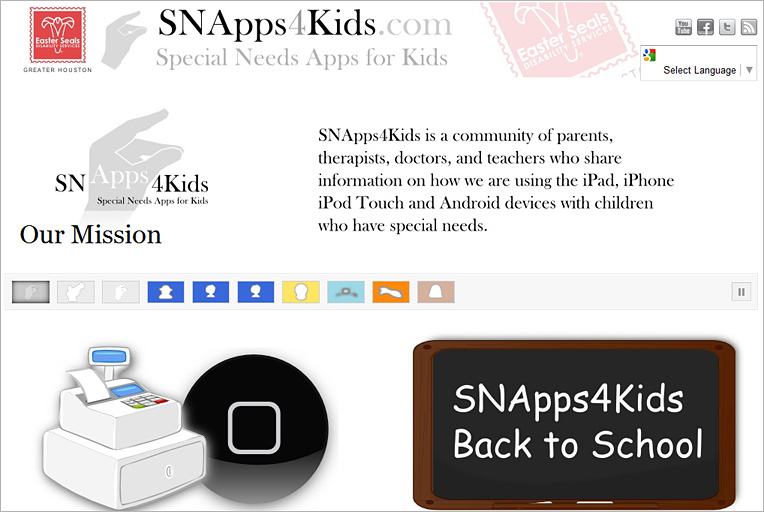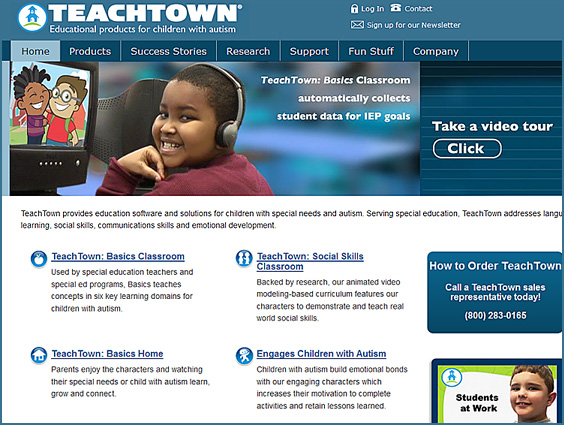Description of app:
AutisMate is an autism communication, therapy, and learning tool that promotes communication, functional skills, generalization, task analysis, independence, and social skills in people with Autism. AutisMate allows those with autism to communicate through familiar scenes, large images of their environment that can include video, symbols, and social stories as well. Parents and therapists can easily add their own videos and images, symbols (over 12,000 included), custom voice recordings, and synthesized voices to fully and easily customize the app for its user’s current and future needs. The app was designed specifically for the language, speech, generalization, and categorization challenges that individuals with autism often face. GPS reduces navigation by presenting users with scenes from their current location. Making custom word boards for different categories with symbols or your own images is made very simple, and users can get to them with just a click. There’s no difficult navigation, which children with autism often struggle with, as found in many other speech apps out there today.
I originally saw this at:
- Labor of love: Developer creates iPad app to help his autistic brother — from techcrunch.com by Chris Velazco
When Jonathan Izak graduated from the University of Pennsylvania in 2010, he decided to put his new degree in Computer Science to very good use. In an effort to help his 10-year old autistic brother Oriel communicate and learn new tasks, he developed a new iPad app called Autismate to try and simplify the process.














